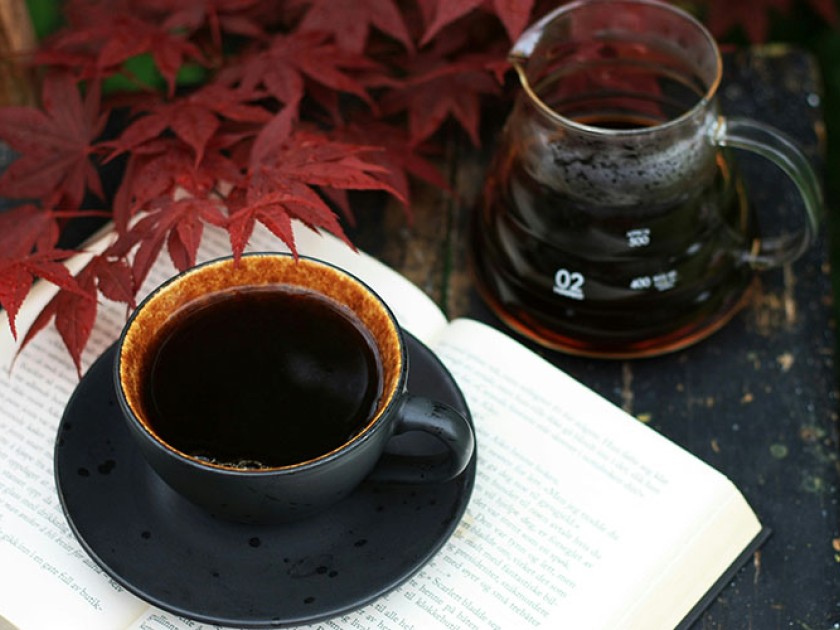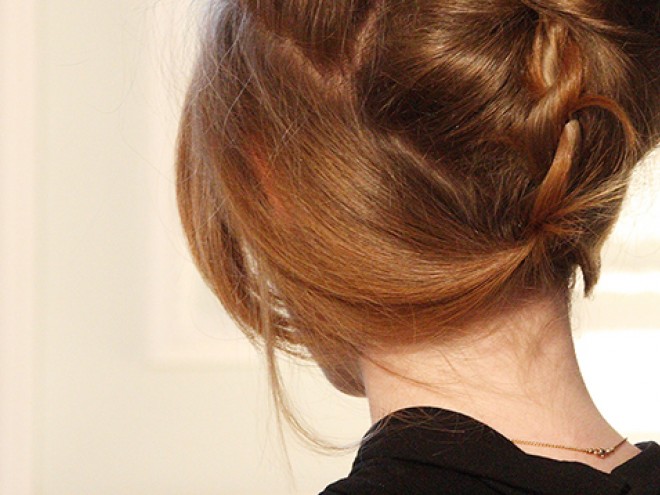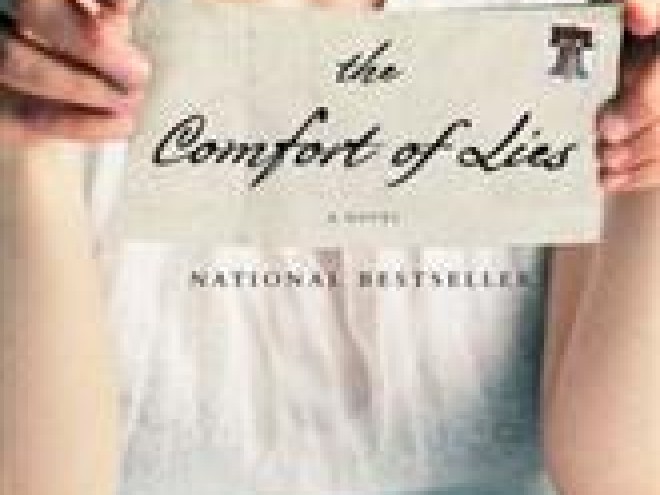
Photo by Elin Melaas on Unsplash
A friend once told me I was a “Fiddler on the Roof and bagel Jew,” meaning my understanding of Judaism came from a movie and some food. I couldn’t take her words as an insult; she wasn’t far off. I did go to synagogue — once. At fourteen, I attended my step-cousin Gary’s bar mitzvah.
I knew my sister and I were different. We didn’t go to Brownies, Girl Scouts, or temple. We hung out on the fire escape, played on the street, and raised ourselves. I yearned for inclusion. I wanted to dress up and go to synagogue. If not that, could I at least fit in like my best friend Kathy Murphy, who wore a plaid Catholic school uniform?
At least then I might have a chance at heaven. Kathy regularly warned me that because I was a Jewish kid, my only hope was purgatory. The unbaptized, she said, lived forever in that limbo between heaven and hell. I imagined an eternity of weary boredom, floating in a tepid soup of the unforgiven.
I had no clue about religion. All I had to weigh against Kathy’s ominous prediction was a tiny yearly Passover seder at my grandmother’s small Brooklyn apartment — walking distance from our own cramped apartment. Everything I gleaned about Judaism came from our hurried readings of the Maxwell House Haggadah.
From that yearly twenty-minute immersion, I learned that Jews were slaves, firstborn sons were spared the plague, and Moses parted the Red Sea. What stuck with me was the evilness of slavery, the luck of firstborns (which I was not), and the importance of knowing how to swim (which I did — thanks to the New York Federation of Jewish Philanthropy, who saved the lives of my sister and me by sending us the sleepaway camp.).
And then there was the word dayenu.
That’s what clung to my brain from the Haggadah: dayenu. I can’t remember whether we sang the seder song that goes with the word (unlikely), but somehow, I learned that dayenu meant “it would have been enough.” Without formal religious education, that phrase became the backbone of my Judaism.
Be grateful, I learned to remind myself. Thank God it’s not even worse. At least you’re only half an orphan. And books! Dayenu for books.
I wasn’t so much a lonely kid as an alone kid. My mother worked by day and dated by night, leaving my sister and me to fend for ourselves.
Luckily, she found a way to send us to camp each year. Dayenu!
Luckily, I could walk to the Kensington Branch of the Brooklyn Public Library. Once I devoured everything in the kid’s section, the kind women at Kensington let me drift into the adult area, where I explored my obsessions, from slavery to the Holocaust to every injustice I could find in print.
Fast-forward many years to when I became a novelist. My debut, The Murderer’s Daughters, is a decades-long tale of the aftermath of domestic homicide. And set for release in October is my novel The Many Mothers of Ivy Puddingstone, which features men and women whose extreme devotion to social justice causes unintended consequences, bringing harm to their children.
I realized with this book how much I’ve steeped every novel I’ve written in dayenu.
Dayenu colors my life and every word I write — and in The Many Mothers of Ivy Puddingstone, I saw, during a final editorial revision, that it didn’t appear in just an allegorical manner. I’d used the actual word at a pivotal moment in the story.
Dayenu.
When I closed the final page of my manuscript, I reflected on the optimism in the word — the hope — the reminder that even in the most extreme circumstances, we can search for shreds of awareness of what we do have.
Sometimes, that’s a complex, almost impossible task.
I remember hearing the words of a survivor on taped audio at the Holocaust Museum in Washington, D.C. In speaking about his experience in a concentration camp, he related a story about being criticized by a fellow prisoner for praying.
“Why are you thanking God?” the indignant man asked, pointing around him.
The prayerful man looked toward a guard. “I am thanking him for not making me him.”
Being an enslaved person, a concentration camp internee, a Palestinian fearing for one’s life and family, or an Israeli praying for the return of hostages and hoping to never see another taken — these are all horrors.
It is another horror to be the victimizer.
So, though I grew up without a community or house other than the Brooklyn Library, I am forever grateful to have learned the practice of dayenu.
Perhaps my bat mitzvah came from Maxwell House — but at least I had that.
Dayenu.
Randy Susan Meyers is the bestselling author of Accidents of Marriage, The Comfort of Lies, The Murderer’s Daughters, and The Widow of Wall Street. Her books have twice been finalists for the Mass Book Award and named “Must Read Books” by the Massachusetts Center for the Book. She teaches writing at the Grub Street Writers’ Center in Boston.

